
The materials were found in 81 different popular devices

A simple swap could benefit your health

The hidden mental health benefit of working out
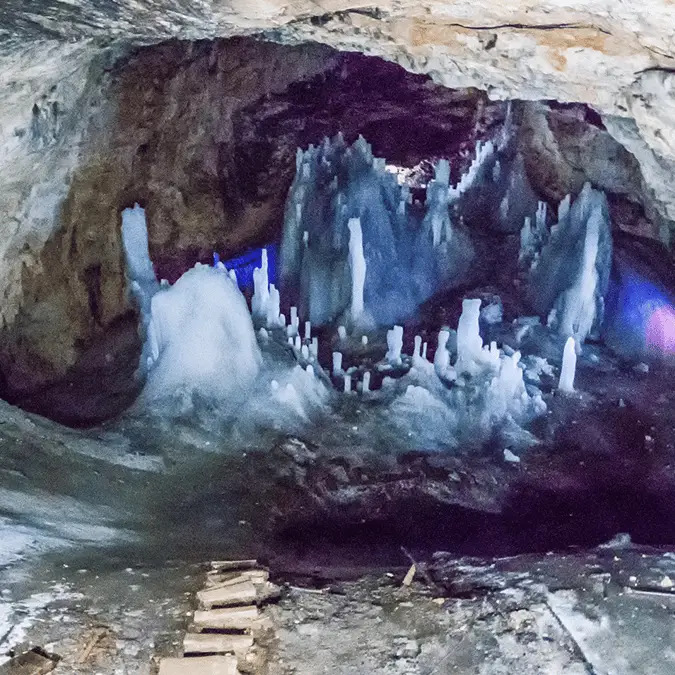
The frozen microbe is immune to multiple antibiotics

All those microplastics are one way to lose your appetite

The former POTUS has given the conspiracy theorists plenty to talk about

The expert suggests a simple bedtime hack
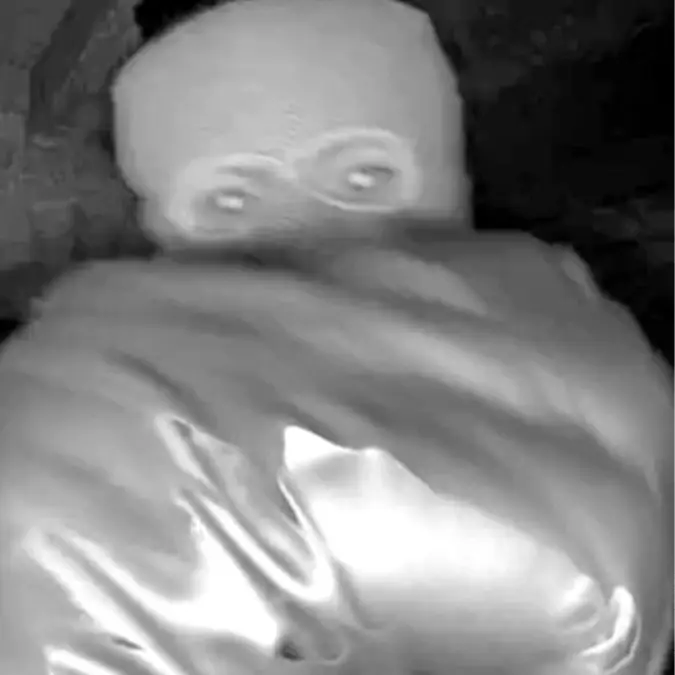
The FBI have located a potentially key piece of evidence

It was intended to prove the device's harmlessness

Forensic scientists believe the singer's death is a 'homicide'

Sign him up a reboot of The X Files
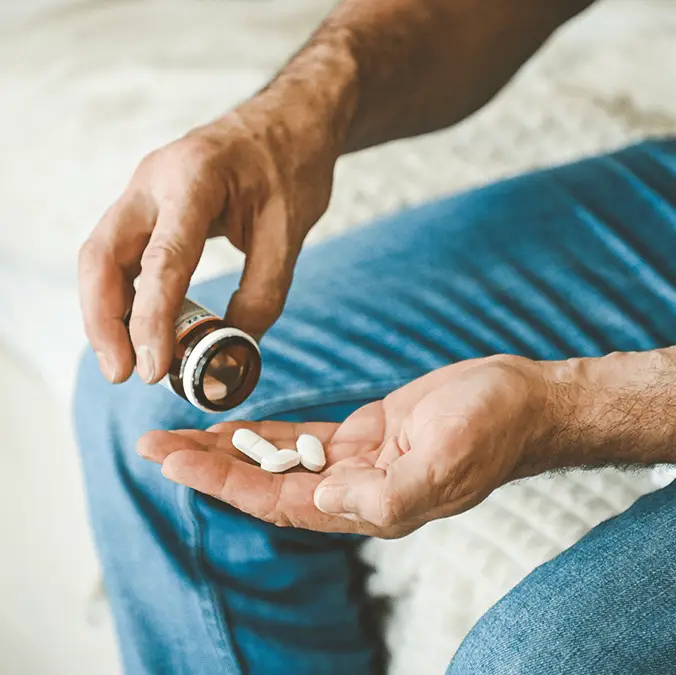
There could be more to the pill than meets the eye

Celebrating Valentine's Day with a bang

The men bear a striking resemblance to one another and even share the same name
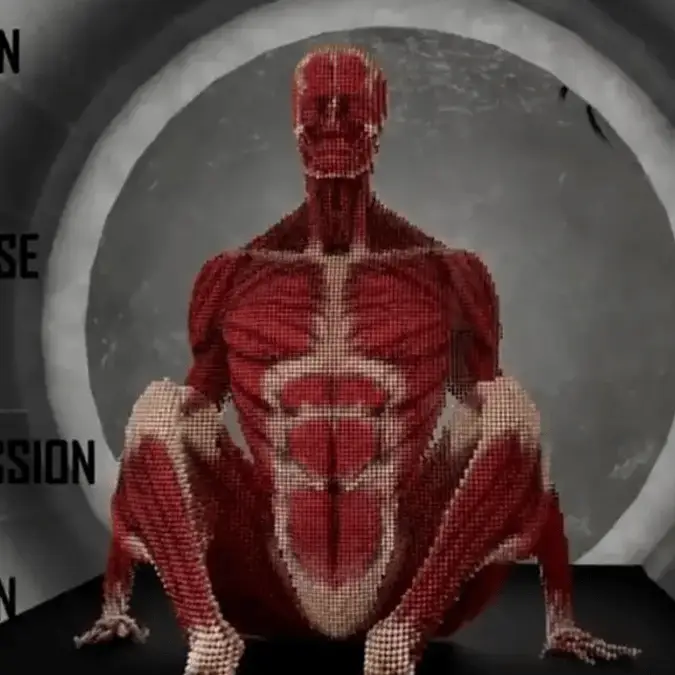
The sheer pressure is enough to completely tear your body apart

Don't worry, it's not as gross as it sounds

Experts warn that this would be incredibly difficult to reverse
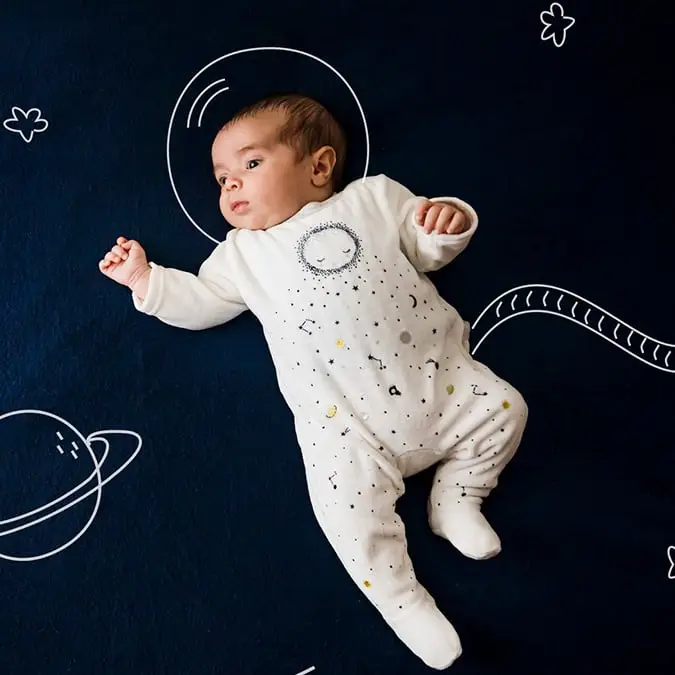
Scientists have revealed why life in orbit and having babies is a bad combination

Scientists develop smart underwear to track how regularly people fart and it's not what you'd expect
The smart underwear could assist medics with treating certain conditions

More than just an important part of a balanced diet
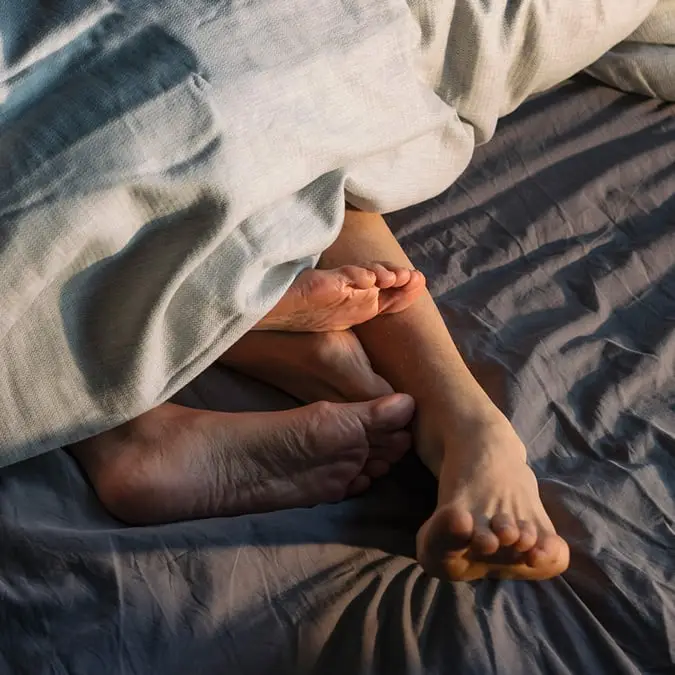
A poll asked 10,000 students across 480 campuses in the US

Where are those little bulb-headed dudes?
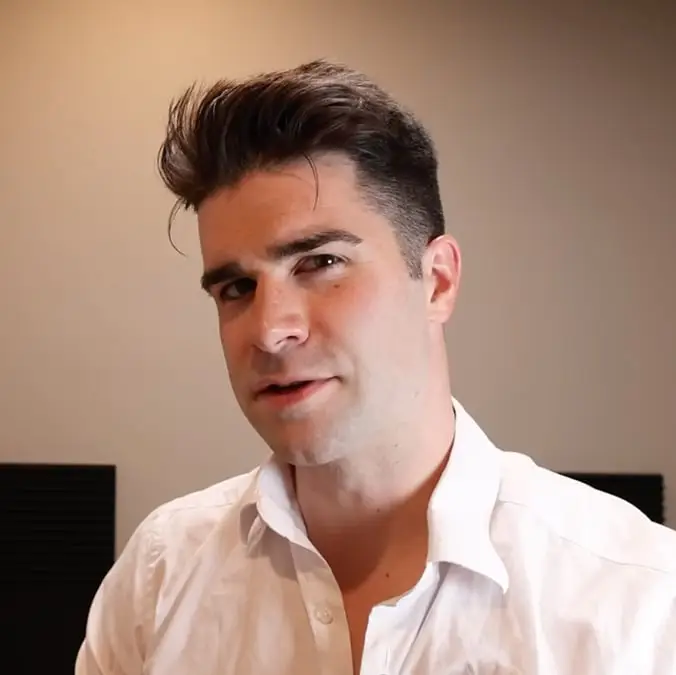
It has been the ‘most consistently consumed supplement’ in the YouTuber’s diet
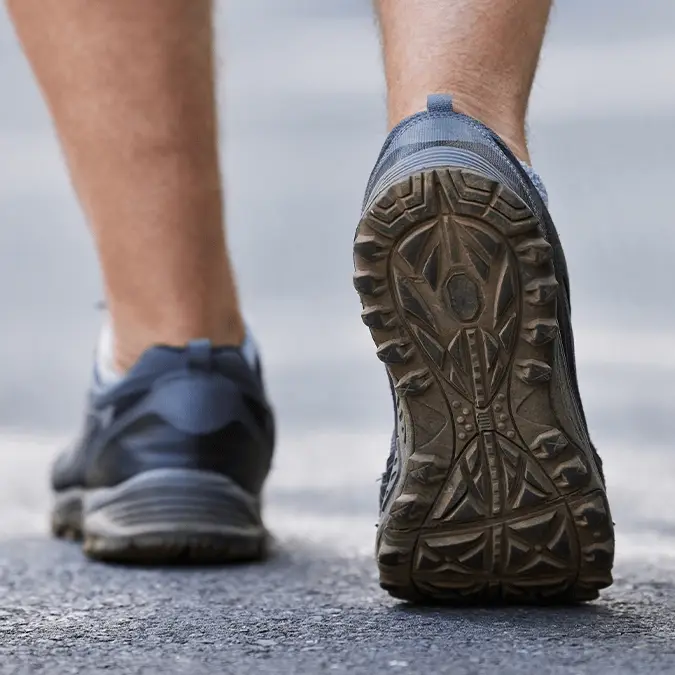
People have been advised to take them off as soon as they head through the door
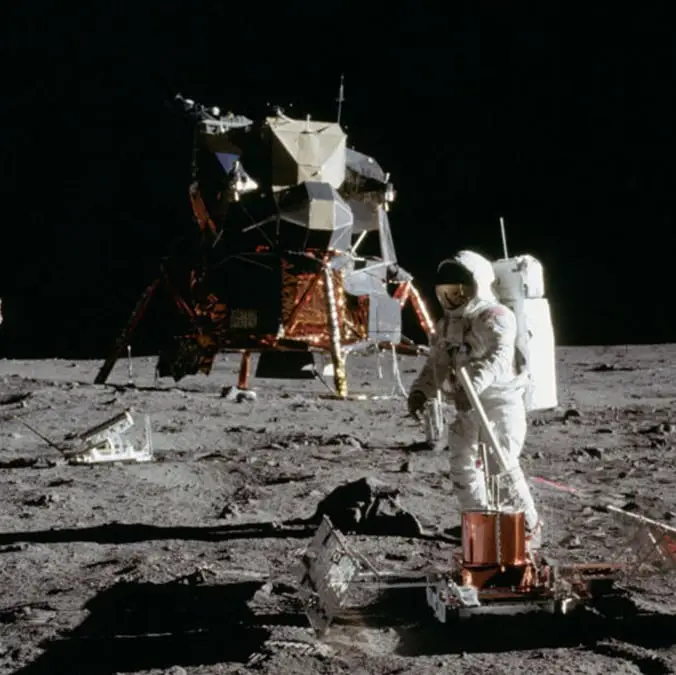
NASA plans to put astronauts back on the Moon for the first time in over 50 years



